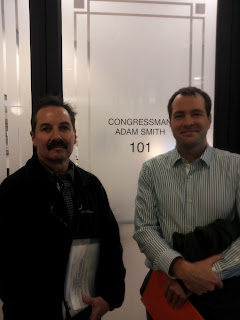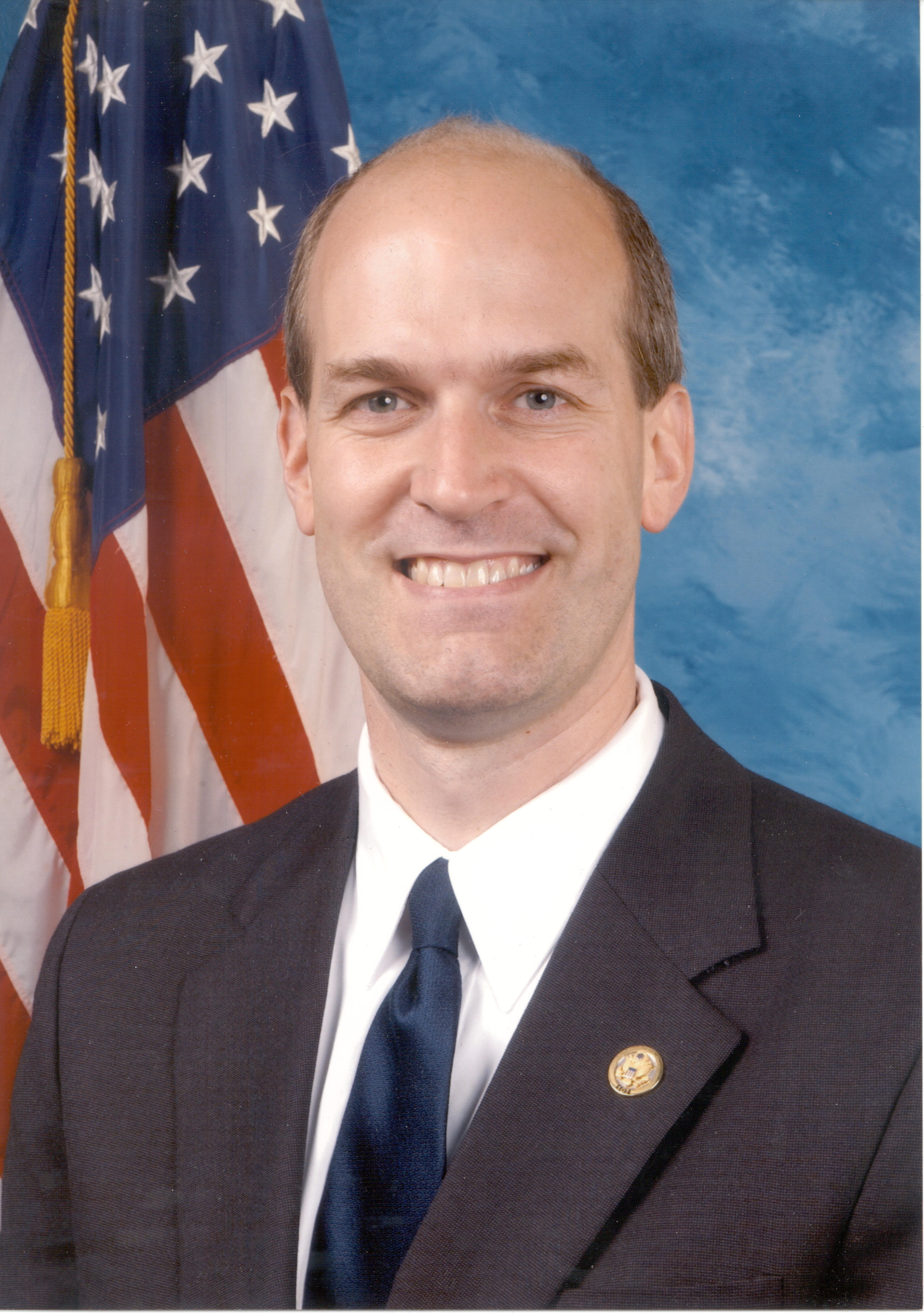In 2011, the Society asked people with MS: what do you need that you aren't getting right now? When we asked these questions, we searched high and low, near and far to make sure we heard from all sorts of people with MS: young and old, city and country, progressive and relapsing-remitting. The answers, while not particularly surprising, gave us a really good idea of what we should be working on as an organization.
One of the biggest needs we heard about: accessible transportation. Since then, we've worked especially hard to find suitable transportation for people to and from work, medical appointments, and special family events like graduations in far away places. It's not like we weren't doing this before - we've always done this sort of work, but we realized we needed to be doing more to help people right at the moment they needed help. We couldn't just provide information and expect that people could navigate their way through every resource in their communities. For someone with cognitive or mobility challenges, you could imagine that sometimes they just need a hand. Add in a wheelchair or scooter, a flight or a train ride, and it's just not easy.
It's definitely hard to help people with their transportation needs. Imagine an individual who was told she was not disabled enough to get paratransit services from her local bus service. We can go to bat for her, making sure her application is filled out, the doctor knows exactly what to say, and the bus service gives her a fair shake, but sometimes, that's just not enough. What if you don't live near a bus line? What if your buses don't run after 6pm and you don't get off work until 7pm? What if you don't have sidewalks in your neighborhood? (Anyone with MS every tripped on a bad sidewalk???)
In short, there are a lot of unmet needs for better accessible transportation in our communities. Whether its accessible buses, good sidewalks, or even accessible taxis, we need to do better.
So it was exciting to meet with state Senator Christine Rolfes this morning to talk to her about the need for more transportation choices for people living with MS and other disabilities. Bill Luria, MS Activist, invited myself and two of his neighbors, Mike Lisagor and Jani Pauli, to talk with Senator Rolfes about this unmet need. Senator Rolfes agreed that we need to be doing more, and gave us some great ideas about how we can talk with other legislators to make sure they understand the needs of people with MS.
As you might imagine, it's not just people with MS who benefit from accessible sidewalks, buses, and neighborhoods. Seniors and people with many other disabilities have these same needs as well. We will be working with them to build a coalition of advocates for accessible communities.
Can you help us with this effort? Can you meet with your legislators and let them know that people with MS need accessible communities? If so, let me know - it's time for ACTION!
#WeMoveMS












